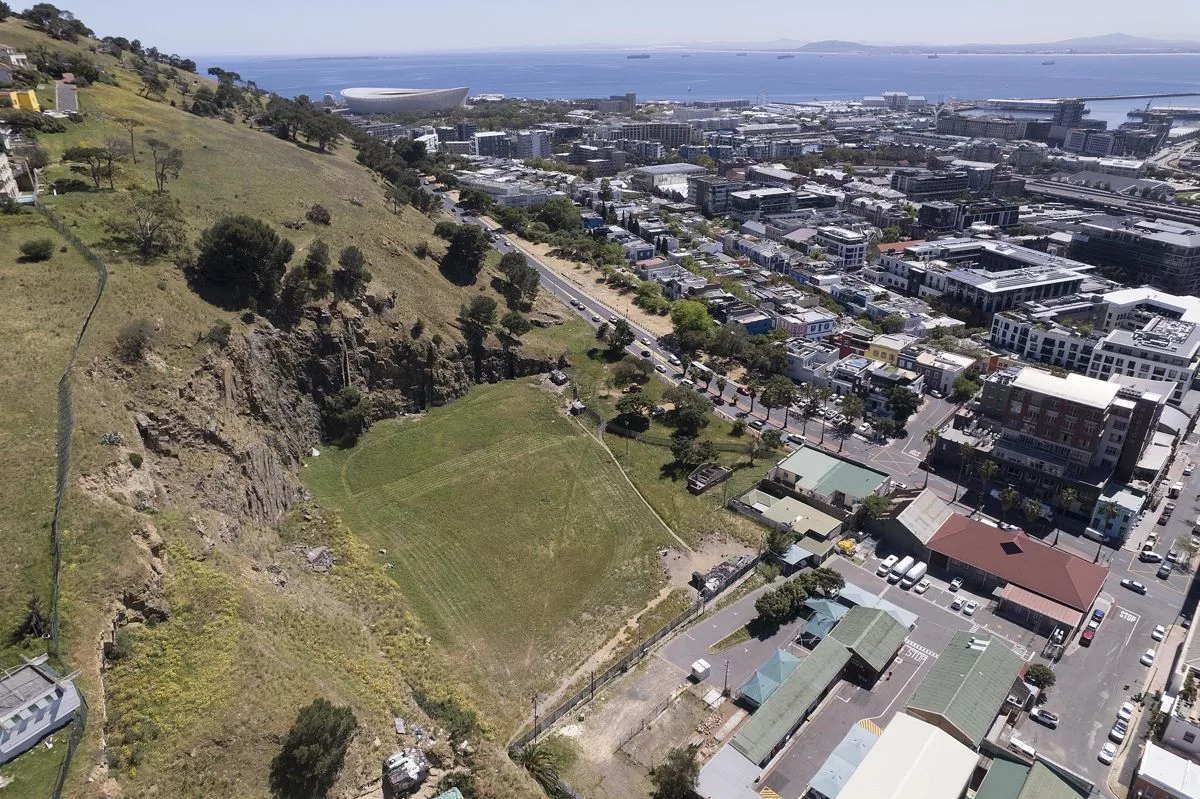The North Gauteng High Court has ruled in favor of the Gauteng Department of Roads and Transport, allowing the Vaal River City Interchange project to proceed without disruption. The contract had been given to Ditshimega Projects and Training, which was disputed by unsuccessful bidders Mapitsi Civil Works and MECSA Construction, but the court found that Ditshimega’s completion certificates were relevant and consistent with the tender project. This landmark decision sets a precedent for public procurement in South Africa, emphasizing the importance of transparency, fairness, and due diligence in ensuring successful execution of public projects.
What was the outcome of the court ruling on the Vaal River City Interchange project?
The North Gauteng High Court ruled in favor of the Gauteng Department of Roads and Transport, allowing the Vaal River City Interchange project to proceed without disruption. The project’s contract had been granted to Ditshimega Projects and Training, a decision that was disputed by unsuccessful bidders Mapitsi Civil Works and MECSA Construction. The court found that Ditshimega’s completion certificates were relevant and consistent with the tender project, confirming the transparency and fairness of the Department’s tender process.
Gauteng Department of Roads and Transport Emerges Victorious
In a significant court ruling, the North Gauteng High Court has passed a verdict in favor of Gauteng Department of Roads and Transport (GDRT). This ruling paves the way for the Vaal River City Interchange project located in Vanderbijlpark, Sedibeng District Municipality to continue without any disruptions. The critical construction project’s contract had been granted to Ditshimega Projects and Training (PTY) LTD, a decision that was disputed by unsuccessful contenders in court.
Mapitsi Civil Works (PTY) LTD and MECSA Construction (PTY)LTD, the losing bidders, had previously sought legal interventions to impede the GDRT from concluding the project contract with Ditshimega Projects and Training (PTY) LTD. They argued that the Department’s selection of Ditshimega deviated from the publicly disclosed conditions, alleging non-fulfillment of obligatory requirements by the winning bidder. Specifically, the unsuccessful bidders claimed that the completion certificates provided by Ditshimega were not only uncertified but also irrelevant to the project at hand.
The Tendering Process and the Court’s Analysis
The Vaal River City interchange project was publicly announced by the Department in April 2023, inviting potential bidders to partake in the tender process. The bidding terms were explicitly defined, with emphasis on a 90/10 preference point system following Preferential Procurement Regulations. This system essentially stipulated that bidders failing to meet the defined criteria and requirements would not advance to further evaluation stages.
In the subsequent phase, the bids were evaluated on functionality, scored on a specific threshold, and the company’s experience in road rehabilitation or construction category. The Department made it clear that the bidder with the most points would be put forward for the tender award, further emphasizing the transparency of the process.
In total, twenty-three initial bids were evaluated, later reduced to five due to non-compliance with basic requirements. One more bid was disqualified for not meeting other mandatory requirements.
The court observed that the legal application by Mapitsi Civil Works and MECSA Construction was an unjust deviation from the established procedure to challenge the Department’s decision. The court recognized that the unsuccessful bidders had ignored the internal dispute resolution mechanism, a process laid out clearly by the Department prior to the assessment.
Court Ruling and Its Significance
The court found that the completion certificates submitted by Ditshimega Projects and Training (PTY) LTD were indeed relevant and consistent with the tender project, thereby complying with the tender requirements. This was further validated by the Construction Industry Development Board (CIDB), a statutory body designed to transform the construction industry by promoting inclusivity and high ethical standards.
This court ruling represents a major stride for the GDRT and the Vaal River City Interchange project, ensuring the project stays on track and progresses smoothly. The verdict also confirms the transparency and fairness of the Department’s tender process, strengthening its reputation for maintaining the highest levels of integrity, fairness, and ethical conduct.
This landmark decision sets a significant precedent for public procurement in South Africa, emphasizing the importance of adhering to prescribed procedures and underscoring the potential consequences of overlooking them. The ruling highlights the vital role of transparency, fairness, and due diligence in ensuring successful execution of public projects. It also underscores the importance of internal dispute resolution mechanisms in resolving conflicts effectively and efficiently, thereby saving valuable time and resources.
In conclusion, the Vaal River City Interchange project is not just a simple construction project. It serves as a snapshot of South Africa’s public procurement landscape, revealing the challenges and opportunities inherent in such processes. As the project advances, it will undoubtedly serve as a case study for future public procurement procedures, offering invaluable insights into best practices and potential pitfalls.
What is the Vaal River City Interchange project?
The Vaal River City Interchange project is a critical construction project located in Vanderbijlpark, Sedibeng District Municipality, South Africa. This project aims to construct a road interchange to improve traffic flow and connectivity in the area.
Who was awarded the contract for the Vaal River City Interchange project?
The contract for the Vaal River City Interchange project was awarded to Ditshimega Projects and Training (PTY) LTD.
Why was the contract award disputed?
The contract award was disputed by unsuccessful bidders Mapitsi Civil Works (PTY) LTD and MECSA Construction (PTY)LTD, who alleged that the Department’s selection of Ditshimega deviated from the publicly disclosed conditions, alleging non-fulfillment of obligatory requirements by the winning bidder.
What was the court’s ruling on the dispute?
The North Gauteng High Court ruled in favor of the Gauteng Department of Roads and Transport, allowing the Vaal River City Interchange project to proceed without disruption. The court found that Ditshimega’s completion certificates were relevant and consistent with the tender project, confirming the transparency and fairness of the Department’s tender process.
What is the significance of this court ruling?
This landmark decision sets a precedent for public procurement in South Africa, emphasizing the importance of transparency, fairness, and due diligence in ensuring successful execution of public projects. It also highlights the vital role of internal dispute resolution mechanisms in resolving conflicts effectively and efficiently, saving valuable time and resources.
What can we learn from the Vaal River City Interchange project in terms of public procurement?
The Vaal River City Interchange project offers valuable insights into best practices and potential pitfalls for future public procurement procedures. The project’s successful execution confirms the importance of adhering to prescribed procedures and the potential consequences of overlooking them.








